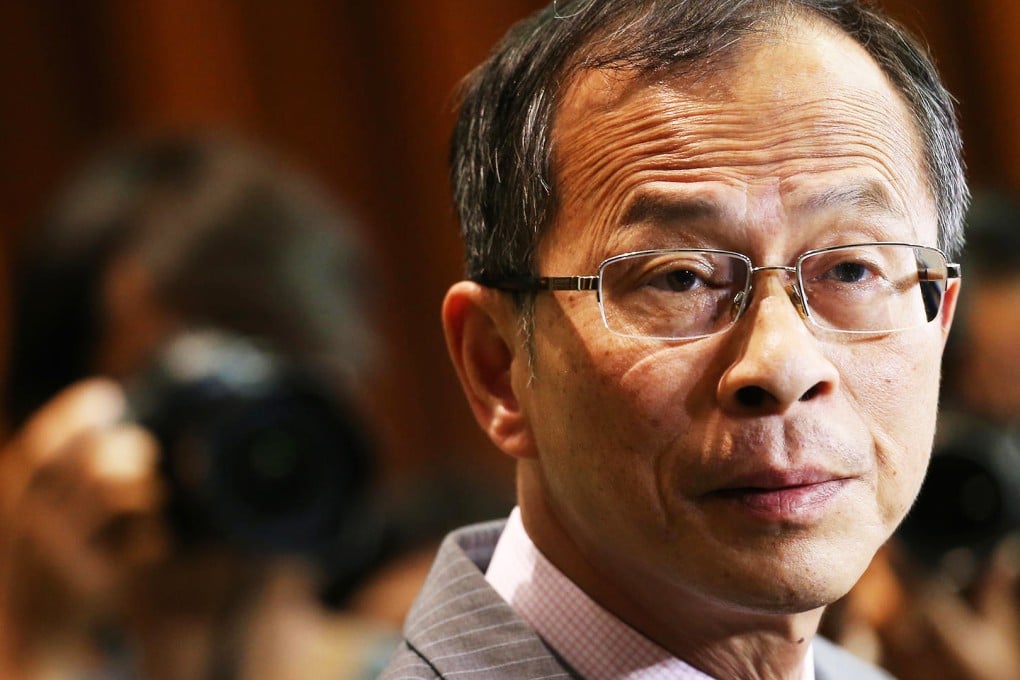Hong Kong legislature president Jasper Tsang apologises over WhatsApp message scandal
Legco president sends note to pan-democrats, also says his office may have been bugged

Legislative Council president Jasper Tsang Yok-sing has said he was sorry to have led the pan-democrats and the public to question his impartiality in his handling of the June 18 meeting at which lawmakers voted down the government's electoral reform package.
His remarks came after messages from a WhatsApp chat group established by pro-establishment lawmakers showed Tsang joining a discussion of strategy during the meeting.
In a written reply to 23 pan-democratic lawmakers yesterday, Tsang said: "I express regret that I have led the pan-democrats and the public to question my neutrality and impartiality in handling the meeting by my messages about my views and suggestions on the progress of the meeting sent to the group."
The messages from Tsang and other pro-establishment lawmakers were published in the Chinese-language Oriental Daily on Thursday, disclosing the camp's plans to delay their speeches that morning to prevent the pan-democrats from controlling the timing for the crucial vote on reform.
On Thursday, Tsang refused to resign over the controversy, but he apologised to the pan-democrats for informing the pro-establishment camp that their rivals had intended to display a protest banner in Legco on the day of the reform vote.
In his reply yesterday, he insisted that he had handled the meetings on June 17 and 18, when lawmakers debated and voted on the reform package, strictly according to Legco rules and procedures, and that he had not been unfair to any lawmakers.
